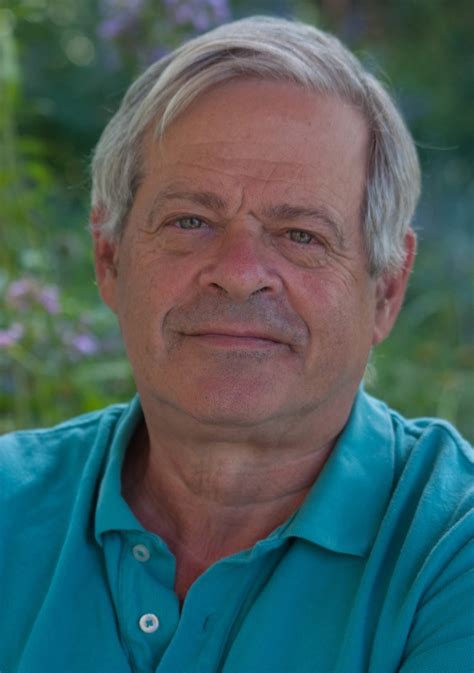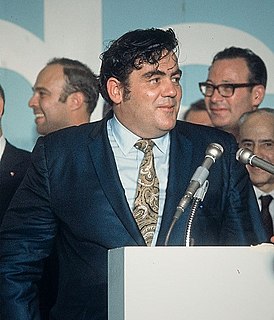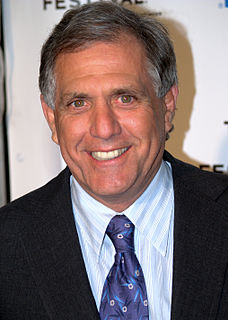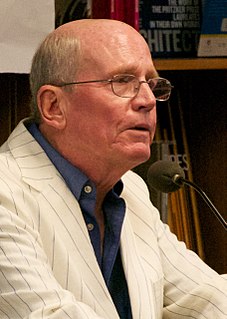A Quote by Daniel Okrent
I'm saying that the WMD reporting was not consciously evil. It was bad journalism, even very bad journalism.
Related Quotes
My reporting in Africa wouldn't be political per se, but it's certainly the point of my reporting - and of a lot of other reporters I know: Human suffering is bad, and if reporting stories about it brings it to light and someone does something, that's part of the point of journalism. And it's a thin line between that and activism, and you have to be careful about that.
Anyone who does investigative journalism is not in it for the money. Investigative journalism by nature is the most work intensive kind of journalism you can take on. That's why you see less and less investigative journalism at newspapers and magazines. No matter what you're paid for it, you put in so many man-hours it's one of the least lucrative aspects of journalism you can take on.
I'm always very careful to make the distinction between music criticism and music journalism. A lot of people don't. But criticism doesn't require reporting. You can write criticism at home in your underwear. On the other hand, journalism takes legwork - you have to get out there and see things and talk to people.
Journalism today is obviously in a major transition. Going to journalism school, learning how to write, working your way up in a little paper in Decatur, Georgia and then moving to Atlanta and then maybe to New York: it's just over. You have to have a whole other set of skills now. You have to be a videographer, you have to do social media. You can't do a long, thoughtful, insightful piece if you don't have the time to do reporting, particularly reporting around somebody who doesn't want to be known or an issue that doesn't want to reveal itself.
Journalism schools are good to get a job, but I don't know what else they are good for. I don't like the word "journalism" to begin with. It's news reporting, and that consists of using your two feet. The only lesson, then, that you could give people is how to climb stairs, because there are no stories on the first floor.
I got in journalism for any number of reasons, not least because it's so much fun. Journalism should be in the business of putting pressure on power, finding out the truth, of shining a light on injustice, of, when appropriate, being amusing and entertaining - it's a complicated and varied beast, journalism.
I want to help clean up the state that is so sorry today of journalism, and I have a communications degree. I studied journalism -- who, what, where, when, and why -- of reporting. I will speak to reporters who still understand that cornerstone of our democracy, that expectation that the public has for truth to be reported. And then we get to decide our own opinion based on the facts reported to us.




































